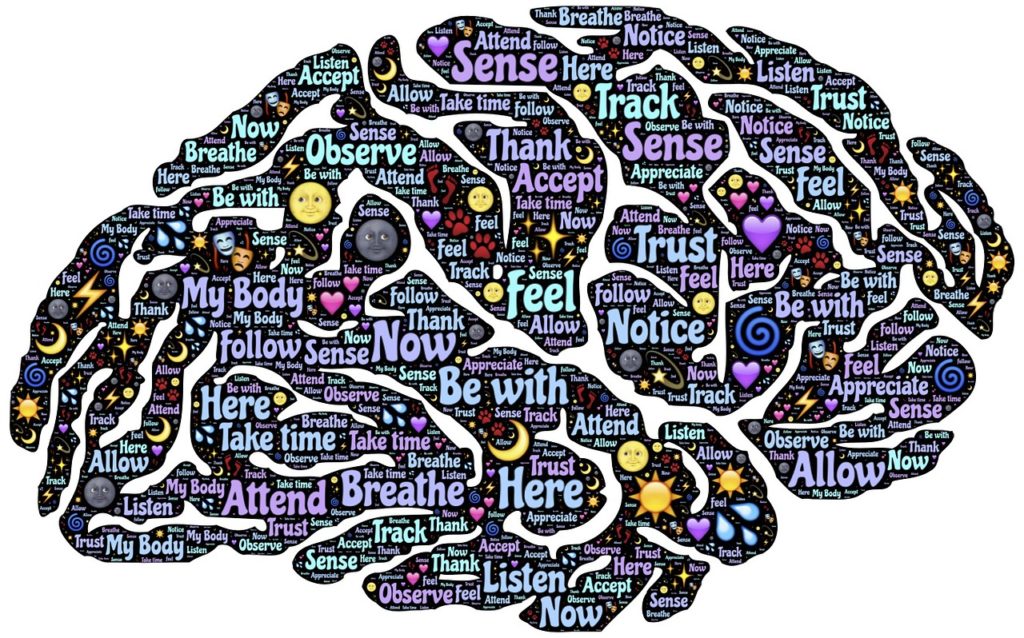I remember a mini-paradigm shift I experienced one morning on a subway in New York. People were sitting quietly – some reading newspapers, some lost in thought, some resting with their eyes closed. It was a calm, peaceful scene.
Then suddenly, a man and his children entered the subway. The children were so loud and rambunctious that instantly the whole climate changed.
The man sat down next to me and closed his eyes, apparently oblivious to the situation. The children were yelling back and forth, throwing things, even grabbing people’s papers. It was very disturbing. And yet, the man sitting next to me did nothing.
It was difficult not to feel irritated. I could not believe that he could be so insensitive as to let his children run wild like that and do nothing about it, taking no responsibility at all. It was easy to see that everyone else on the subway felt irritated, too. So finally, with what I felt was unusual patience and restraint, I turned to him and said, “Sir, your children are really disturbing a lot of people. I wonder if you couldn’t control them a little more?”
The man lifted his gaze as if to come to a consciousness of the situation for the first time and said softly, “Oh, you’re right. I’m sorry…I guess I should do something about it. We just came from the hospital where their mother died about an hour ago. I don’t know what to think, and I guess…I guess they don’t know how to handle it either.”
Can you imagine what I felt at that moment? My paradigm shifted. Suddenly I saw things differently, and because I saw differently, I thought differently, I felt differently, I behaved differently. My irritation vanished. I didn’t have to worry about controlling my attitude or my behavior; my heart was filled with the man’s pain. Feelings of sympathy and compassion flowed freely. “Your wife just died? Oh, I’m so sorry! Can you tell me about it? What can I do to help?” Everything changed in an instant.
________
Paradigms and Paradigm Shifts
Paradigm is a word that means “a pattern or model” and is usually a “generally accepted perspective” that a group or society would share. As used here in describing CBT*, paradigm represents a belief system, an individual’s “default” view of the world, one constructed from and a result of that person’s prior learning and past history. The default modifier is used here to emphasize the fact that we can change our paradigm!
Paradigms are natural and inevitable, and they are useful to us in many ways. How-ever, sometimes our paradigms become so distorted or so far removed from reality that they can actually become quite dysfunctional. We can say a “paradigm shift” occurs when our paradigms change, allowing us to see the world in a new light. Sometimes this happens suddenly, and sometimes very gradually.
With CBT, it would not be inappropriate to say a goal is to achieve a paradigm shift…
_________________________________________________
*From The 7 Habits of Highly Effective People, Stephen R. Covey, 1989.

